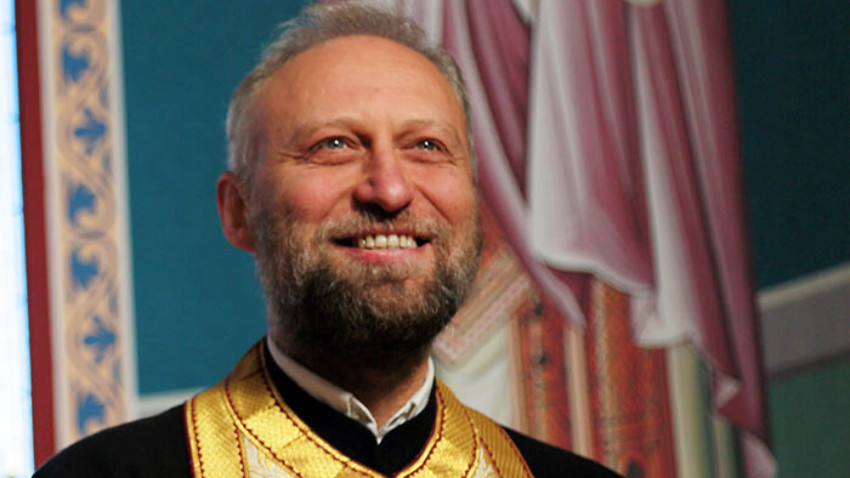Eight days before Easter Sunday, the Christian Church commemorates the day the Savior raised Lazarus from Bethany. The Son of God was a frequent visitor to Lazarus' home, and when the latter became seriously ill, his sisters Martha and Mary sent word to the Savior in the hope that he would help the sufferer. Christ, however, who was in the lands beyond the Jordan, arrived four days after the death of his friend, and found everyone grieving most bitterly for him. In their grief, Martha and Mary reproached Jesus for not having come in time. “I am the resurrection and the life. Whoever believes in me, though he die, yet shall he live," Jesus replied, and went to the tomb where Lazarus was laid.

"In fact, these words of the Lord from the Gospel reading encourage us that faith in Christ, in the Son of God, gives us hope for life, faith in Christ delivers us from death, and again faith in Christ makes us partakers of God's glory," notes Father Bozhidar Marinov of Sofia's Church of the Exaltation of the Holy Cross. - When the Lord learned that Lazarus had died, He deliberately delayed his returning back, knowing that not only Lazarus' relatives, but also His disciples, the inhabitants of the city, and all of us who live millennia from now would be convinced by the miracle that He would perform of the universal resurrection of the dead and of this miraculous story."
When Christ goes to the tomb of His deceased friend Lazarus, He weeps not because of His own loss, but because He sees the suffering of the people and their pain for their lost loved ones:
" He sees Death triumphing in the world, Death which was not created by God," Fr. Bozidar observes, "It has reigned and dominates, poisoning life, transforming it into a meaningless succession of days and relentless moments that are bound for the abyss. But God has shown us that He has power even over death. Christ Himself manifested it when he cried in a loud voice, "Lazarus, come forth." This is the miracle of Love triumphing over death.
So that through this miracle it became impossible not to believe, and whoever believes in God and lives in Him, that is, keeps His commandments, will rise again and never die."
The point of humility and acceptance, despite appearances and rational perception, is to leave ourselves in God's hands. And this, in Father Bozidar's words, means "to be able to say, not only in words, but also with faith in our heart and with our whole being, like Martha, 'Yes, Lord, I believe.

"Henceforth, God is continually showing us things that seem to be beyond our logic, beyond our mind, which cannot contain all the miracles He has performed. Though people at the time lived by their faith. They saw, for example, the appearance of angels, healings of such diseases that were not then healed, even the Resurrection itself, because the Gospel says that he raised up many people. Then we also begin to marvel at the fact that God himself in his love and condescension subjects himself to the most terrible thing - death. We cannot fathom the wonders and mind and full works of God. We cannot even fathom infinity. Thus, continually convincing us that what is impossible for man is possible for God."
Translated and published by Elizabeth Radkova
The newest exhibition at the National Museum of Military History in Sofia, 'War and the Creatives: A Journey Through Darkness' opens today, offering free entry as a gesture to those who were unable to visit during the recent renovations. Rather than..
A 5,000-year-long history lies hidden in the ruins of the medieval fortress “Ryahovets” near the town of Gorna Oryahovitsa where active excavations began ten years ago. On this occasion, on November 17, the Historical Museum in Gorna Oryahovitsa..
Just days ago, archaeologists uncovered part of the complex underground infrastructure that once served the Roman baths of Ratiaria - one of the most important ancient cities in Bulgaria’s northwest. Founded in the 1st century in the area of..

+359 2 9336 661
